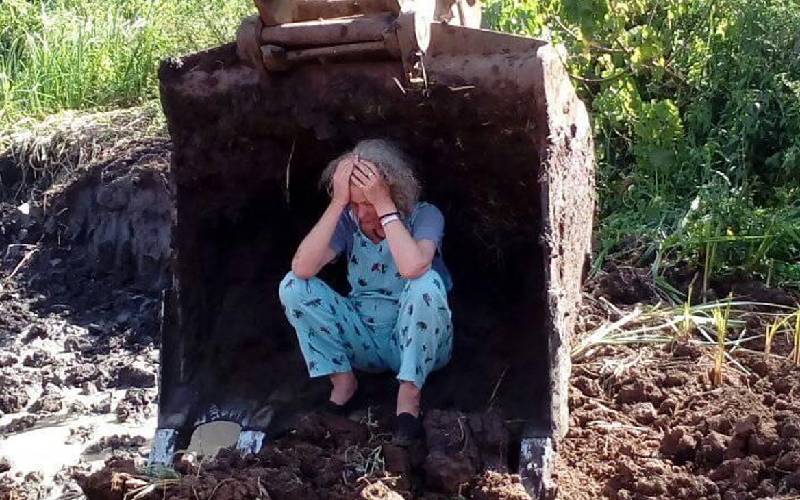×
The Standard e-Paper
Home To Bold Columnists

Joanna Stutchburry, an environment activist known for her fight aimed at protecting Kiambu forest, was killed in July 2021. [Courtesy]
As we mark yet another 16 Days of Activism against Gender-Based Violence, it is not lost on us that women bear the most significant burden of climate impact.